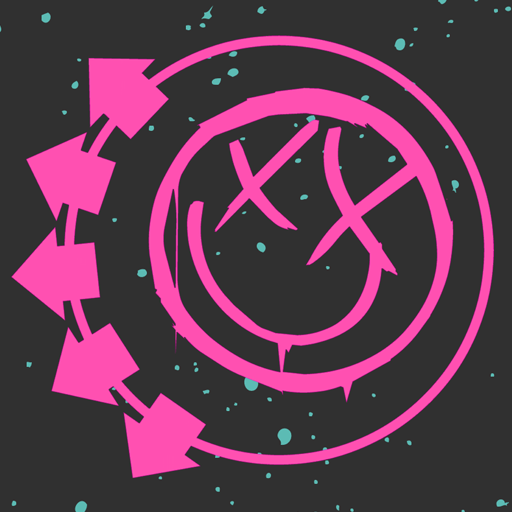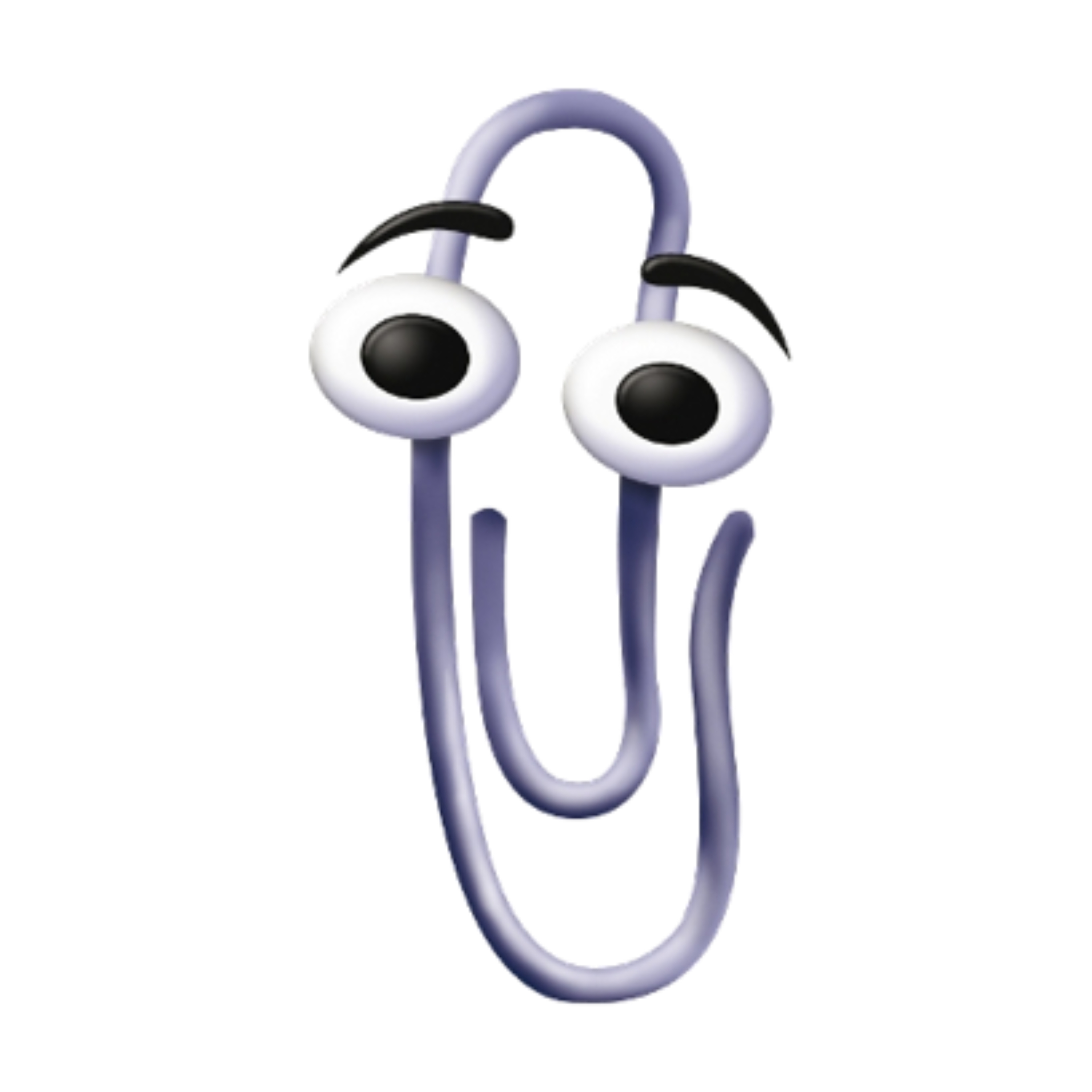I want an app that makes people pass a sobriety test before calling/sms certain phone numbers.
I call it “don’t message them”
Or whenever using your credit card online. The pro version would be that it turns off functions successively depending on your BAC. At some point the only unblocked function would be to call a cab to go home.
Voice to Text system for Linux.
After Sayboard for Android, it seems plausible to get a local voice recongnition system for PC too.
A templatable OCR app that maps areas or shapes to excel fields.
If you have a product tag with different serial numbers or product details and a standard layout it would be really useful to be able to scan for a tag shape, apply an overlay with each block of relevant data and then map that block to a cell address.
Take photo of product tag x100 OCR and edge find on product tag Select/draw areas Assign areas to spreadsheet cell or column. Apply and check with second photo. Confirm function and process next 97 images automatically.
Thought of it for work but would be great for food labels and nutrition information collation as well. All sorts of paper->digital stuff.
There have been attempts at this with store receipts, so you quickly scan your groceries into your budget or inventory app. That has been a difficult problem, in part because stores change receipts so much.
A federated, multimedia-focused social network with features like custom feeds, user curation abilities, client-side filtering controls, anonymous posting options, user reputation systems, voting, collections, advanced search, user affinities, third-party feed algorithms, machine learning for recommendations, collaborative moderation via user trust levels, achievements, notifications, localization, theming options, threaded comments, chat, customizable profiles, granular blocking controls, quoting, surveys, related posts, downloading posts collections or tags, and more - empowering both users and communities with flexibility and customization in shaping their own experiences.
Something other than “Finder” for macOS
I haven’t tried it but maybe you can give it a try this (I have it saved in my check for later list lol).
Thanks I will have a look.
There’s
ls! But seriously, if anyone knows any “normal” file browsers for macOS then I’m all ears!I use pathfinder. It’s an improvement over finder, but still not great.
Bloodborne on PC
There aren’t a lot of software I wish existed, but there is one I’m helping to work on. Having a similar concept to the Hypothesis toolbar, it’s a fanmade combination of Pokémon Go and a toolbar. Imagine, instead of travelling the world and seeing Pokémon superimposed on the world, you’re travelling the internet and see Pokémon superimposed on random webpages.
An extension to code that can take the compiler warnings and implement the corrections.
Something that can utilize a Shazam API or something similar and go through my entire music library (which is full of hundreds of tracks named “Track 1”, “Track 2”, etc.) and title them appropriately, ideally with correct metadata and album art. I would pay a lot for this.
MusicBrainz Picard is what you should try out.
Also, a song recognition feature was built into MusicBee for updating tags, but it never works as well as it could be.
Be sure to enable the extra cover art plugins in Picard.
deleted by creator
A viable alternative to the Blink and WebKit dominance to allow something other than every browser being Chromium.
Firefox’s Gecko engine is rather tied into the browser meaning nearly all Gecko based browsers are just Firefox with pre-config and extensions.
I’m keeping an eye on Servo and Vox as what seem to be the most viable alternatives currently in development.
A Windows Explorer replacement that is,
- Very simple in its base install (almost no features beyond what the Windows XP file Explorer would contain),
- With an plug-uns system to enable/disable/add features for those who would want to customize the functionality, and
- implements Miller Columns, just like Mac OS, as one of its built-in functions.
Miller Columns
I find this objectively better: https://bibliotekarien.se/en/blog/traedvy-i-utforskaren
I know it doesn’t tick the boxes but there technicality is a Microsoft made, open source, alternative to Explorer. The original File Manager for Windows 3.1 and it is still seeing active development. Just thought to bring it to attention for a bit of nostalgic fun but I actually find myself using it a fair bit.
Mapping software that can give directions the way human navigator would.
When I’m driving in my own city, my mapping software should be intelligent enough to know that I am aware of most of the roads; it can track me.
I don’t need to hear
“Keep straight on Highway 101 West signs for Highway 101 West for 300m, then take exit 104 South signs for Highway 104 South, take exit 104A South signs for 104 South, merge onto Highway 104 South signs for 104 South. Go straight on Highway 104 South for 400m then take the left lane and turn left on route 40 Eastbound signs for route 40. Turn left onto route 40 Eastbound signs for route 40.”
… When what is needed in a realistic sense is the following:
“In 300m take the exit to 104 Southbound then after 400 m, turn left at the first set of lights onto route 40”
That’s kind of what the old Google Maps did 20 years ago. Now Google Maps will yell you to exit a highway in order to stay on that highway.
I didn’t make that up for hyperbole - I’m paraphrasing the instructions I received 2 days ago on Google maps, no exaggeration.
FreeCAD alternative so we can have another FOSS CAD drawing software :(
No, I’m actually cool with FreeCAD but an alternative is welcome one especially one that can work on linux.
You are probably already aware but there is OpenSCAD which allows you to model via programming rather than by UI. Not really an apples to apples equivalent but I find it decently interesting. I do wish there was something a little more more overtly friendly to beginners like Fusion360 though.
To be honest, it is first time I discover OpenSCAD, probably due to its nature modeling by programming rather than visually.
Logically you do want to model by visually especially when it’s more complex geometry and perhaps that’s reason why you may seeing them less getting recommended in general when something like BricsCAD (Education license), OnShape exists.
I agree Fusion 360 (on Windows) with Free Hobbyist/Personal license is good start to learn CAD modelling for free though as year went by the Hobbyist license becoming stricter and limited in term of policy which raising red flag for hobbyist, not to mention Autodesk also converting users lifetime license into subscription without any notice is enough reason to stay away unless your job provides you those CAD program licenses.
It would be really nice to have a parametric 3D modeling software solution that was on the same level as Blender or KiCAD. Every time I try FreeCAD I end up moping out pretty quickly.
FreeCAD in its vanilla state (without tweaks) is pain in the butt in term of usability, it’s still bit “hard” to recommend for casual user when they are coming from commercial like Autodesk Inventor, Solidworks and such.
Recently Ondsel Team created sort of modules for FreeCAD which also marketed as standalone product that lets you to make it functions like Fusion 360 in term of cloud connectivity, their free tier also good even better than Fusion 360 Hobbyist License. They also contribute toward FreeCAD upstream for some general improvement though some of them are exclusive on their own implementation.
The day FreeCAD 1.0 dropped, I definitely going to try it out because I’m stuck on Fusion (needed for collaboratory work) ever since graduated from college.
A goddamn pdf editor for Android
I just checked the store and there’s a bunch of pdf editors you can DL for Android? What is the issue?
Essentially a foss solution, which doesn’t suck all other editors suck including the one on playstore.
PS : I learnt today that PDF is proprietary technology
There was this small project long ago where you could organize all your desktop data in mindmap like 3d galaxies. It was really beautiful, but I can’t remember it’s name, nor have I found something similar again for modern operating systems.







